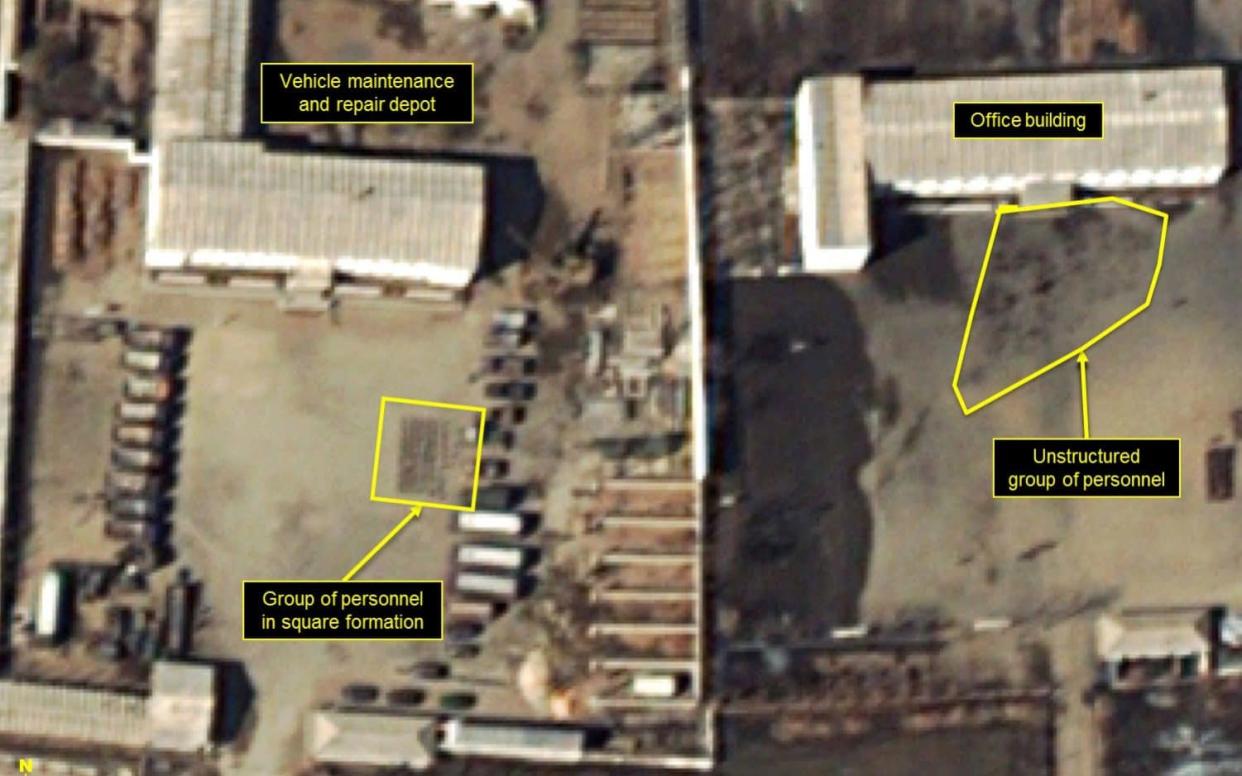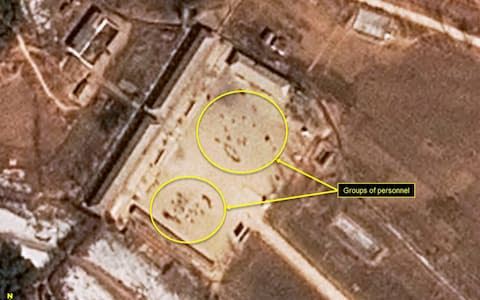Japan offers to pay £2m for inspections of North Korea nuclear facilities

Japan will provide Y300 million (£2.03 million) to fund inspections by the International Atomic Energy Agency of North Korea’s nuclear facilities if Pyongyang follows through with its vow to scrap its arsenal of atomic weapons.
The cost of initial inspections of the North’s nuclear capabilities is put at between £2.4 million and £2.7 million and Tokyo, which announced its offer on Saturday, is apparently attempting to ensure that the recent momentum towards détente and the elimination of nuclear weaponson the Korean Peninsula is not lost.
Japan is also likely to have been motivated by being sidelined in recent developments in the region, which have seen US President Donald Trump agree to an offer from Kim Jong-un, the North Korean dictator, for face-to-face talks.
Suh Hoon, the head of South Korea’s National Intelligence Service, is scheduled to arrive in Tokyo on Monday to brief Taro Kono, the Japanese foreign minister, on the latest developments concerning North Korea and the details of Mr Kim’s offer to abolish his expensively acquired nuclear weapons.
Mr Kono will use that meeting to repeat Japan’s offer of financial assistance for the inspection of Yongbyon, which includes a uranium enrichment facility, a reactor and spent fuel reprocessing plant. Recent satellite images suggest that the facility has recently resumed production of nuclear material for the North’s weapons programmes.

Mr Kono will also express Tokyo’s concern that North Korea will attempt to conceal the real scale of its nuclear programme and other undeclared nuclear research facilities.
According to Kyodo News, Japan is willing to increase the amount that it provides for inspections should they come across additional sites of interest.
IAEA inspectors were in October 2008 ordered to leave North Korea, where they had been monitoring facilities at the Yongbyon nuclear plant, after the six-party talks on scrapping the North’s nuclear capabilities reached deadlock and Pyongyang announced that it would resume its atomic programme.
Since then, North Korea has carried out five nuclear weapons tests, the most recent of which was in September 2017 and had an estimated yield of as much as 280 kilotons.

